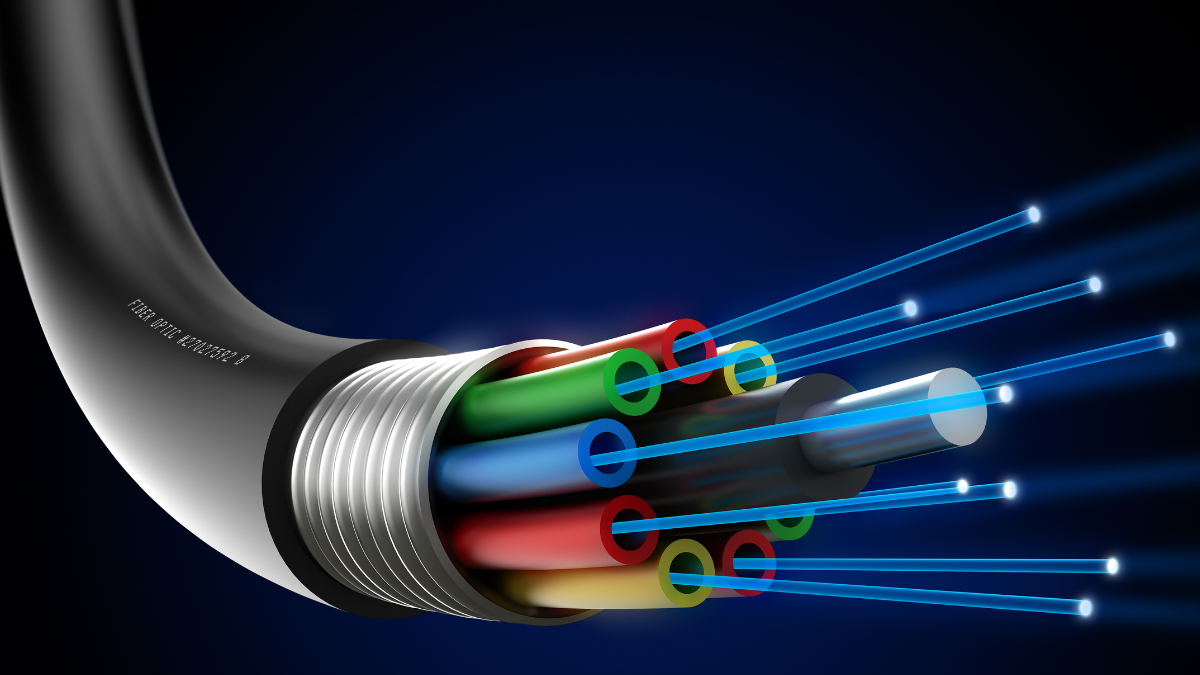The Internet has become an inextricable element of each of our lives, particularly in the past decade or so. India ushered in the highway of information a little later, compared to its Western counterparts.
Internet Boom In India
Nevertheless, India has been one of the biggest beneficiaries of the internet boom and has arguably deployed the system like no other.
In a recent development, this boom is only bound to grow in the time to come. Along with the ambitious satellite internet projects, conventional ways of internet proliferation are also finding new horizons.
According to a report from the Economic Times, three new undersea internet cable projects are lining up to take internet services in the country to the next stage.
These networks and their proliferation are crucial, as subsea cables currently transmit more than 99 per cent of the world’s internet traffic.
These new projects, namely, — 2Africa Pearls, India-Asia-Express (IAX) and India-Europe-Express (IEX). These three projects are expected to be operational between October 2024 and March of 2025.
These three major projects involve the biggest names in the telecom and communication sector.
2Africa Pearls
This project is led by Airtel, Meta and Saudi Telecom. This 45,000-km-long system is expansive, as it connects territories ranging from the Middle East, Africa, Europe and Asia. It has a capacity of 180 terabytes per second or tbps.
India-Asia-Express
This project also has some big names involved. India’s largest mobile telecom company, Reliance Jio, along with China Mobile, will invest in this project. This 16,000-km-long system will connect India’s commercial capital, Mumbai, with Singapore, Malaysia, Thailand and India’s southern neighbour, Sri Lanka. This system is expected to have a total capacity of 200 tbps.
The current installed capacity of the existing networks is over 138 tbps.
India-Europe-Express
The India-Europe-Express project will also have Jio and China Mobile as its key investors. Although shorter than the other two, with a length of 9,775 km, the system will have a capacity of 200 tbps. This will connect Mumbai to the Persian Gulf and Europe.
The current installed capacity of the existing networks is over 138 tbps.
These networks and their proliferation are crucial, as subsea cables currently transmit more than 99 per cent of the world’s internet traffic. These imperative systems dispatch more than USD 10 trillion in daily financial transactional value globally.




